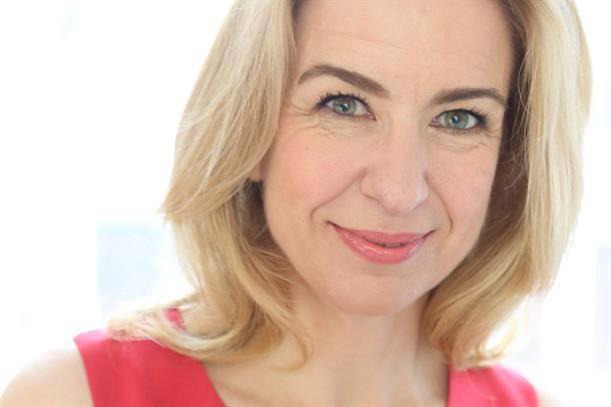More than £22bn is spent on advertising in the UK each year and much of that spend aims to influence the views of female consumers. Women are living and working longer, and their spending power mirrors these very welcome changes. But are we, as marketers, keeping up with the pace of change?
We know, both intuitively and from recent research, that misrepresentation – particularly of women in positions of power and authority – restricts the credibility of marketers’ messages. But thanks to two new studies, we can now show that marketing that connects better with women brings huge commercial benefit.
My own research, Women’s Worth, conducted in partnership with UM London, found that 96% of older women feel confident in themselves (more so than men, in fact). However, those same women don’t think advertising reflects them well and some 60% think they are expected to disappear into the background as they age. Mature women lack role models and inspiration, particularly between the ages of 50 and 70 – a group that is the fastest-growing in terms of economic contribution in the UK.
And now, new research from Kantar – commissioned as part of the What Women Want? exhibition celebrating the centenary of female emancipation in the UK – reveals that gender-balanced or even slightly "female-skewed" brands outperform "male-skewed" ones. The prize for brands that represent women well? Around $1bn for UK companies, according to Kantar.
Self-esteem is at the heart of the Kantar research, which finds that women report lower self-esteem than men – almost a third of women rate their self-esteem as "below average", while 38% of men feel that their level of self-esteem is higher than the average person. This discrepancy was even greater for younger men and women.
Kantar says a nuanced concept of self-esteem is what brands need to grapple with if they want to find growth with women as consumers. The company identified five self-esteem contributors – financial autonomy, freedom of thought and expression, sexual and body autonomy, accessibility/visibility and social connections and networks – that brands must promote in order to connect with customers.
Real action
What can brands do? The key is look at who you are excluding and why. Can you engage a new audience by being more inclusive? Do your ads put women at the centre of the narrative and represent them as the complex individuals that they are, or do the ads stereotype them? Are you basing your marketing on real insights about women?
So how are brands doing in the UK? Kantar looked at 40 brands across eight major sectors. Four thousand respondents were asked about the role brands play in building self-esteem, with those identified as being "on your side" (with a score above the midpoint) making a positive contribution and those "against me" (a score below the midpoint) making a negative contribution.
When Kantar looked at differences by gender, it found that Boots, Amazon and Dove are the three highest performers for both women and men – they have the highest scores and the smallest gaps between the average male and average female score. Kantar also looked at how brands fared among women with high self-esteem levels versus low self-esteem levels. The size of the gap varied – many brands are somewhat "divisive" in that they appeal far more to one segment than the other.
The research found that all brands contributed more for those with high self-esteem, suggesting that it is relatively easier for brands to endorse self-esteem than it is for them to "create" it. However, some brands are more inclusive: Dove and Boots work better for those with high self-esteem, but are making a very positive contribution for those with low self-esteem. Nutmeg and Nationwide also have very small gaps, identifying them as democratic brands – something that is at the heart of Nationwide’s "Building society" purpose and Nutmeg’s inclusive campaigning.
If in the past brands marketed to women based on their flaws or insecurity, the power of self-esteem for brand-building suggests that marketing's future lies in accepting women for who they really are.
Karen Fraser is a researcher, consultant and diversity expert


